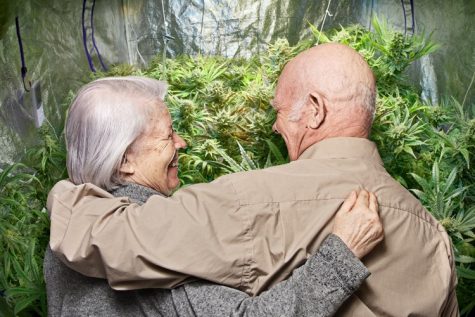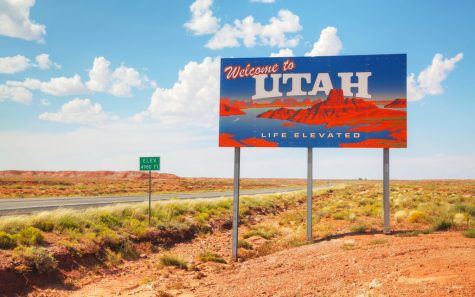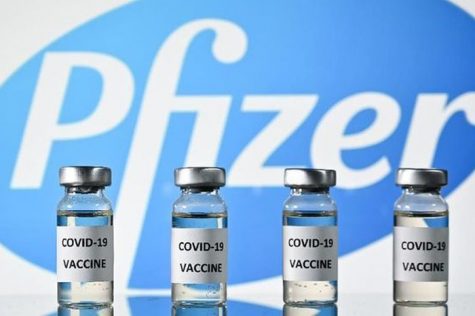Vermont is combatting high driving the wrong way
Thor Benson / Cannabis News Box Contributor
Vermont legalized social use cannabis in January, and it’s been working on setting up the system since. One concern some residents have expressed is that there could be an increase in the number of people driving stoned. In order to combat this, Vermont is moving forward with a plan to test people’s saliva if they’re suspected of being inebriated from using cannabis.
The main problem is this: Saliva tests cannot determine intoxication when it comes to cannabis. The science has shown this time and time again. These tests can determine if someone has smoked, let’s say, in the past 12 hours or so. However, someone who smoked 12 hours ago certainly isn’t still high.
“I believe lawmakers are trying to find a way to mitigate what they think will be a huge explosion in marijuana-impaired driving when possession of small amounts of marijuana becomes legal this summer,” Chloe White, policy director at the ACLU of Vermont, told Cannabis News Box. “While we are, of course, concerned about impaired driving, we do not anticipate seeing such a large increase, and don’t think the imprecise and perhaps unconstitutional method of saliva testing is the way to combat impaired driving.”
The ACLU is fighting this effort to use saliva tests and pushing for more scientifically sound methods. White is right to say Vermonters should not expect a huge increase in accidents connected to high driving, as this has not happened in other states that have legalized. Accident rates tend, it seems, to stay roughly the same.
“I think there has been a lot of misinformation – if you look at the report by the road safety subcommittee of the Governor’s Marijuana Commission, they really seem to cherry pick studies and disregard or gloss over those that don’t support their point,” White said. “Again, we are opposed to people driving who are actually impaired by any substance, and we want our roads to be safe. But we also don’t think saliva testing is the way to go. It would criminalize people for taking a legal substance (legal now for medical users, legal in the summer for recreational) even if they are not actually impaired.”
Taking saliva from suspected cannabis users could be considered a Fourth Amendment violation, as courts have indicated this in the past. The ACLU is fighting to make sure people’s privacy rights are protected and the police are not given too much leeway.
“In utilizing saliva testing, the bill creates no nexus between impairment and THC presence,” White said. “The bill says that a law enforcement can order a saliva test if they think they have ‘reasonable grounds’ to believe someone is impaired by something other than alcohol. The question of what constitutes ‘reasonable grounds’ is cause for concern.” White said a saliva test is a major invasion of privacy, as it involves taking a DNA sample from them. The bill doesn’t allow them to “extract” DNA from the saliva, but they’ll still be taking DNA with them.













